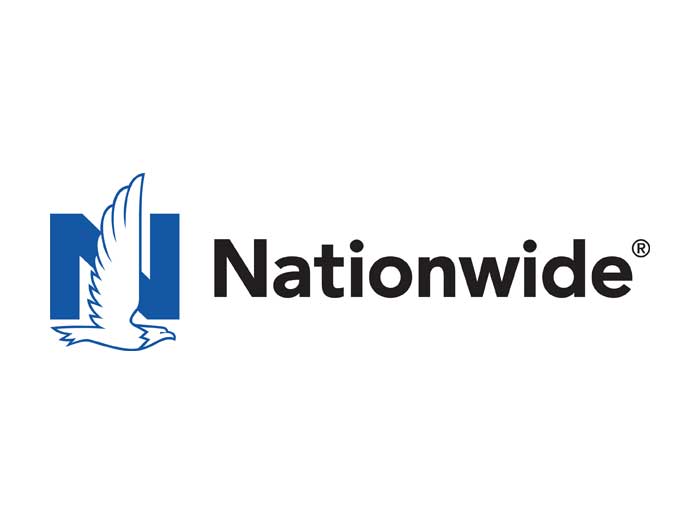Risk Insider: Tony Boobier
Risk Managers: Change is Good
We are more aware of change than ever before. Whereas once we became only occasionally aware of what was happening, through watching television, checking out the daily newspaper or through word of mouth, today we are constantly bombarded with new information, most often through our mobile devices.
For many of us, keeping ‘up to speed’ with current affairs seems to have become an addiction. We convince ourselves that something might have happened which is important and could affect us personally. Not only have we become ‘Change Junkies,’ we have all now become ‘Change Experts.’
Some people even make professions from the topic of change – such as thought leaders, change managers or even risk experts. We often look back fondly with rose-tinted glasses at bygone days, a time when we think there seemed to be more stability and certainty about life. But in reality our recollections are often flawed. Invariably we forget times of relative austerity due to budgetary debts, higher levels of infant mortality, less reliable medical treatments, and less transparency in our political and financial systems.
I predict that through innovative business models, refinement around coverage levels, and a continuous move towards proactivity, the insurance industry will still fundamentally fulfil the same role. That role is one of providing safety and security in a continually volatile world of uncertain climate, finance and behaviours? With this in mind, we should take comfort that, at least, this one thing won’t change.
The same ‘rose-tinted specs’ also take on a darker hue as we look into to the future, with our own forecasts and those of others often tainted by the gloomy predictions of science fiction.
Maybe it’s time to be more positive about the future. Instead, shouldn’t we think about our data-driven prospects as being bright ones?
- Greater customization of education through personalised analytics at all levels of our careers, providing us with a better chance of reaching what was once thought to be our full potential, but then increasingly exceeding it.
- Increases in automation of mundane systems initially reducing, and then removing entirely the risk of making mistakes, as well as improving accuracy.
- Intelligent systems replacing the drudgery of mind-numbing production work, tasks which increasingly belong to a by-gone era.
- Robotic companionship, even in old age, which may not be so strange after all, especially for those who have relied on computers throughout their entire lives.
Isn’t mankind destined for something grander than just fulfilling what is rapidly becoming an outdated ethic of ‘hard work?’
Whilst we tend to focus on changes happening in the workplace, inevitably there will be societal changes. We’ll have more time on our hands, but what will we do with it? Doesn’t the Law of Unexpected Consequences have a role to play? The expression, coined by U.S. sociologist Robert K. Merton, suggested that ‘unexpected consequences’ fall into three categories – unexpected benefit, unexpected drawback, and a ‘perverse outcome’ (or ‘backfire’), when an intended solution unexpectedly makes a problem worse.
The role of risk managers is likely to evolve beyond their existing responsibilities, to include managing those unexpected drawbacks and backfires. Regulators – named after the regulating device on an old steam engine to prevent overheating – will become pivotal in avoiding ‘overheating’ of the economy and society.
Isn’t mankind destined for something grander than just fulfilling what is rapidly becoming an outdated ethic of ‘hard work’?
As for the insurance industry itself, won’t it also will change with the times in terms of products, services, and in new essential skills needed by its employees (such as imagination, operational agility, and ability to interact with the system)? Underwriting, claims and distribution will inevitably become digitally transformed.
My prediction is that, through innovative business models, refinement around coverage levels, and a continuous move towards proactivity, the insurance industry will still fundamentally fulfil the same role. That role is one of providing safety and security in a continually volatile world of uncertain climate, finance and behaviours. With this in mind, we should take comfort that, at least, this one thing won’t change.










